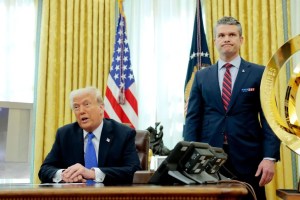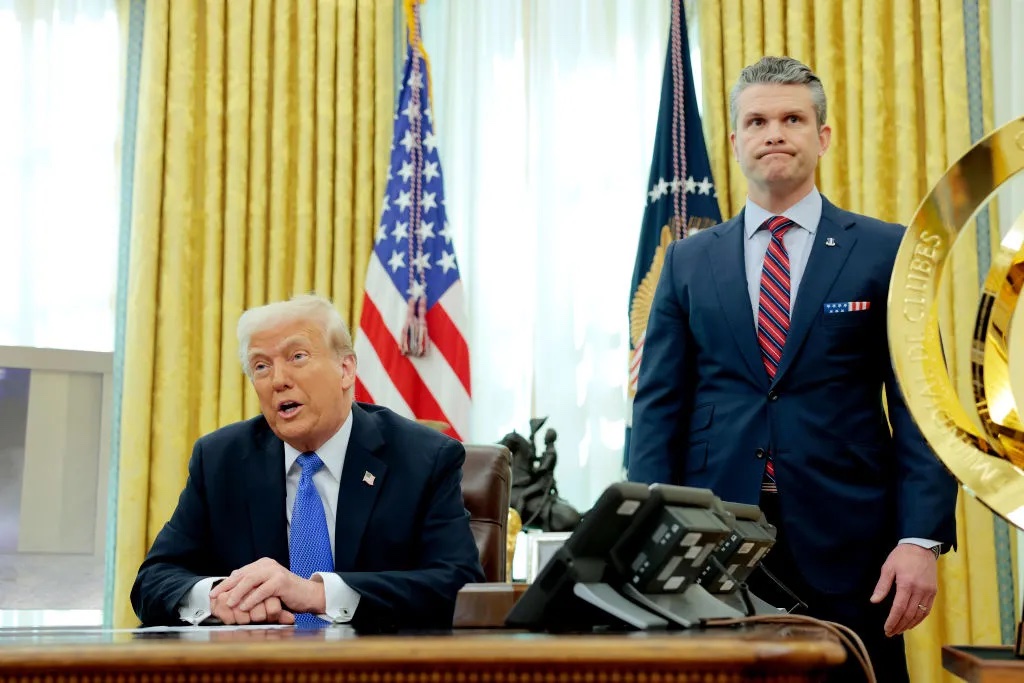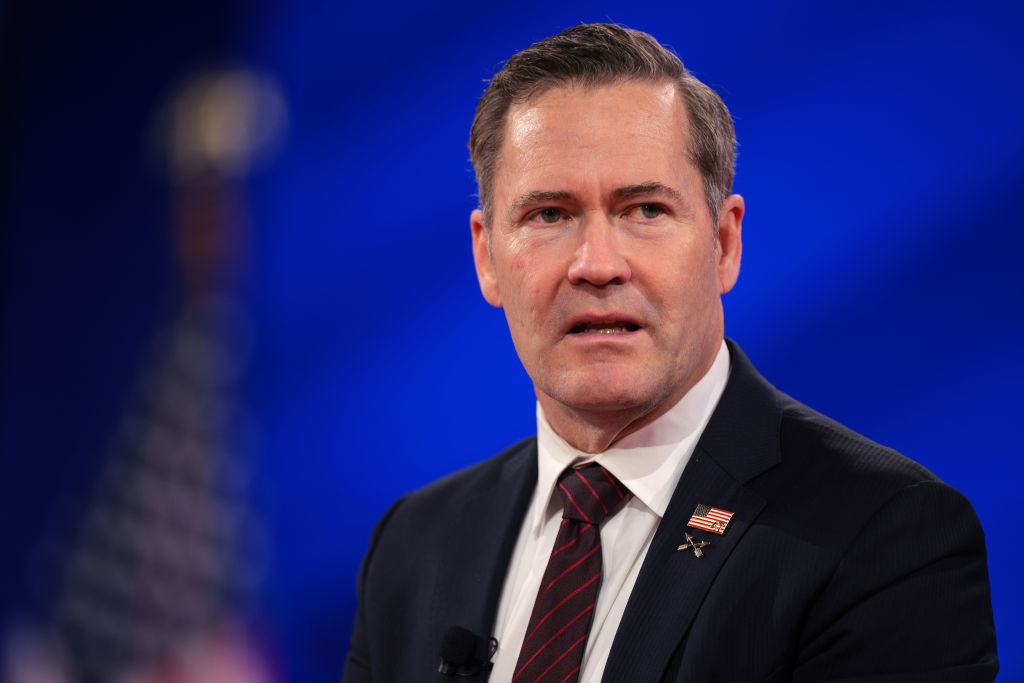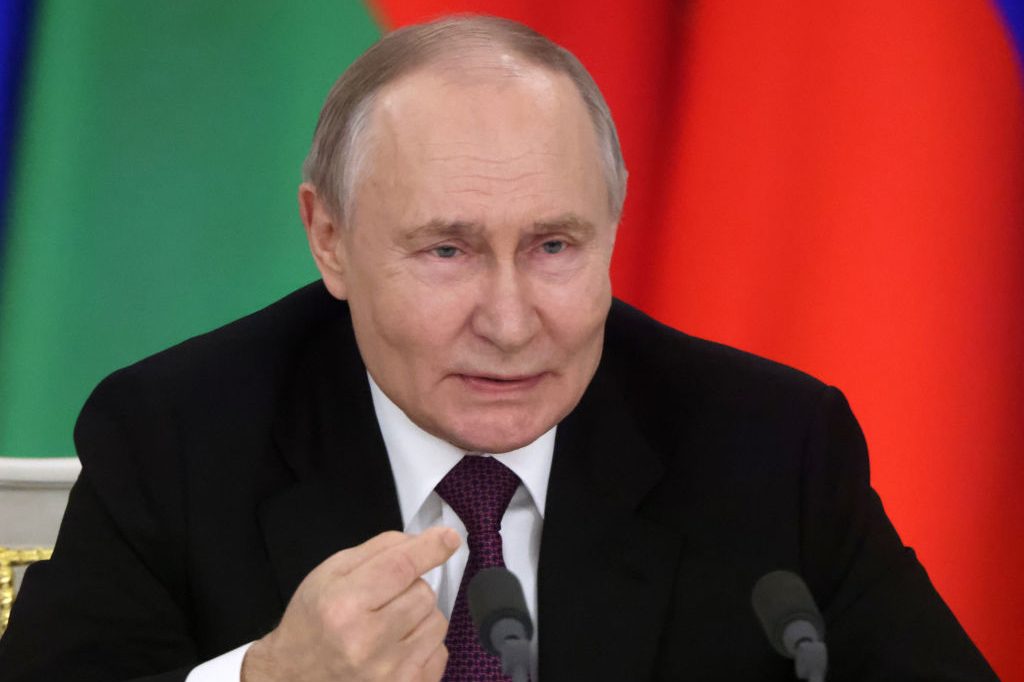Yesterday’s 95-1 vote in the Senate to support the admission of Finland and Sweden to NATO is another in a series of signs the Republican Party is figuring out what it means to have an “America First” foreign policy.
The additions of the two nations serve to strengthen the NATO alliance in ways long supported by national security-minded conservatives. But they are also a vindication of the more recent arguments, advanced by Donald Trump, that members of NATO must necessarily meet their obligations in terms of military budgets.
Finland and Sweden are not freeloaders — they have advanced militaries and spend a great deal on them, and have a long history of taking the threat of Russian aggression seriously. Their countries are joining not to leech, but because of Vladimir Putin’s invasion. As Arkansas Senator Tom Cotton stressed, their case for joining NATO is much stronger than the case of two other recent additions: “It would be strange indeed for any senator who voted to allow Montenegro or North Macedonia into NATO to turn around and deny membership to Finland and Sweden. I would love to hear the defense of such a curious vote.”
This is a not so subtle dig at the one vote in opposition, Missouri Senator Josh Hawley. (Three senators who would have supported expansion did not vote, and Rand Paul voted present.) Hawley’s stated objection was based not in ideology but priority — that our focus must shift away from Europe to China and Asia, and that we cannot do both. Why the addition of two nations that have already proven they will pay their own way is damaging to this effort is less clear.
It would be convenient to write off Hawley’s vote as mere pre-presidential positioning. The unanswered question is just how many GOP Senate candidates would vote along with him. Could there be a potential “prairie populist” bloc in the Senate come 2023? The hypothetical reveals how little the crop of nominees actually breaks from Republican traditions in this space, as only two or three seem likely to join Hawley in this general positioning.
As I wrote at the dawn of the Ukraine invasion about the failure of neoconservatism and the unappealing approach of the New Right:
The destructive arrogance of neoconservatism is matched by the abysmal historical record of American isolationism and anti-interventionism, which took America out of the European tumult of the 1920s and 1930s, to no one’s benefit; and which also sank America into a brief period of quasi-isolationism in the post-Vietnam 1970s, culminating in real existential danger to America by that decade’s end.
If the twin premises of neoconservatism have been shown wrong by events, then the twin premises of the anti-interventionist New Right — that America will be fine without any engagement abroad, and the world will allow us a peaceful withdrawal from the same — are being proven wrong this very moment.
Properly applied, pressure from a cadre of young, active, intelligent senators could shift the policy conversation in beneficial ways. But this will take skill and prioritizing the right battles, especially given that there will be so few of them. The New Right has expended a great deal of energy writing about what they believe, and collaborating with some on the left to advance their alternate vision. But they have yet to establish any real beachhead in the policymaking community, and not even Bernie Sanders is opposed to NATO expansion now.
It is surprising they haven’t been more successful. A general tendency toward withdrawal is only natural given that Americans have enormous concerns at home about our economic future. But if there’s one tenet at the center of an America First foreign policy, it’s that justifiable security concerns about a rising China were ignored for far too long by Western leaders. There will be little tolerance within the coalition of the right for any bending to the will of Communist China. And for many on the right, the Russian tanks rolling westward made those old Cold War juices flow again. They cast aside many of their preferences for turtle-like withdrawal from American obligations.
It’s now increasingly clear that the Republican Party is finding a compromise position over how they approach the world, even as they drive out the last vestiges of those who advanced utopian visions of a democratic peace under George W. Bush. They have come to grips with much, if not all, of the mistakes of the Clinton-Bush years, and are reorienting themselves toward a clear-eyed view of obligations, goals, and the giant needs of a military that can meet the moment. This brings them closer to the priorities of the median American voter. It’s a positive development for the next generation of serious policy leadership.

























